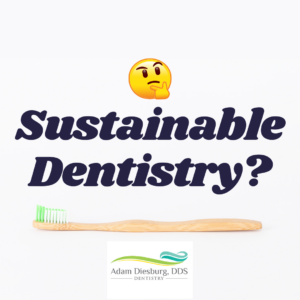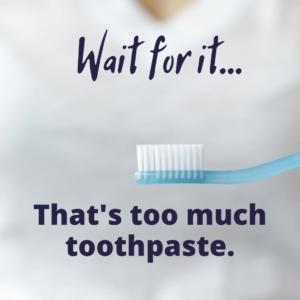If youre a New York Times reader you probably came across the disturbing news this week that there has been a rise in cavities among preschoolers. Many of these youngest patients have so many cavities in their baby teeth that they have to go under general anesthesia in order to have them treated. If youve taught a young child how to brush their teeth, and have brushed those young teeth yourself, you can imagine why such drastic treatment might sometimes be necessary. We think its vitally important to develop good oral hygiene skills at a young age and have put together this video to answer some of the most popular questions we get about young kids and preventing and treating cavities.
Well, theyre just baby teeth. Why should we even care about them? might be the first question that comes to mind.
Kids can do pretty well without the front four teeth, even though they are very important for speaking and aesthetics. But all of the other teeth are holding the space for the adult teeth. If you lose them too early, the baby teeth and the 6-year molars will lean forward into that space and will block out the pre-molars. Correcting this can require the expertise of an oral surgeon or an orthodontist. In other words, braces and surgery.
With good oral hygiene brushing and flossing habits those extremes become unnecessary. Here are some snacks you might not see as sugary, but which, if left to be grazed upon over longer periods of time, can increase the likelihood of cavities:
- milk
- juice
- fruit
- crackers
- peanut butter
These are all fine snacks in their own right, but again, its the contact minutes (or sometimes hours) that can get you in trouble. A good rule of thumb is to avoid letting your kids graze on foods and drinks. Let us know if you have any more questions about young kids and cavities and well answer them here and in future videos.
Is your child in need of a check-up? Call our office today at 503-472-2222 to schedule.




